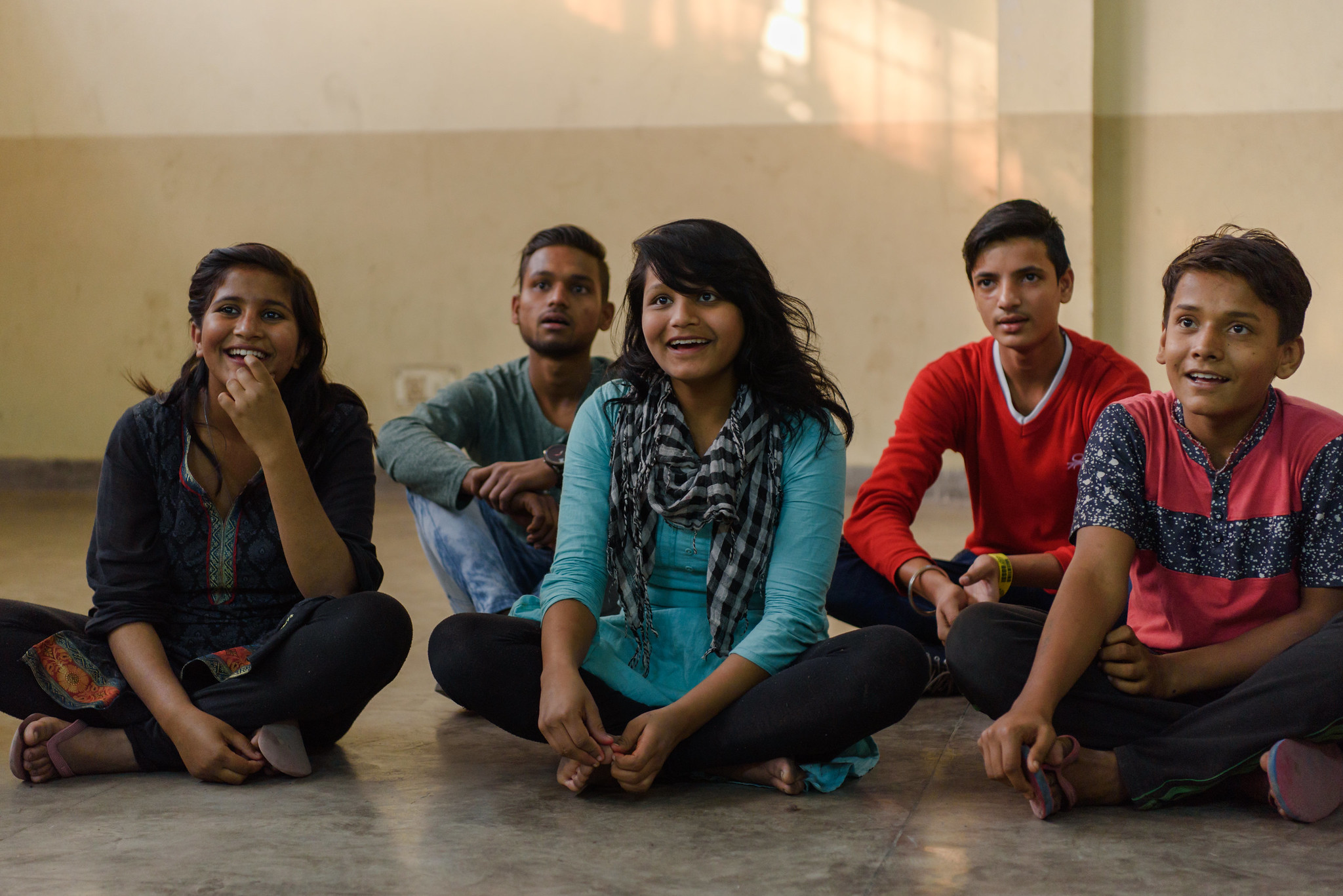
Understanding and addressing the specific health risks and needs adolescents face today is key to improving their future health, as well as for broader social and economic stability.
25 November to 10 December 2024
16 Days of Activism against Gender-Based Violence is a key international moment to call for an end to violence against women and girls (VAWG). It runs from 25th November (the International Day for the Elimination of Violence Against Women) until 10th December, Human Rights Day.
Violence against women happens in every country and culture, causing harm to millions of women and girls. Risks and challenges to access care increase even more for women and girls living in humanitarian emergencies. Around the world today, prolonged and intense conflicts have resulted in a continuous rise in of all forms of gender-based violence.
WHO plays an active role in strengthening health systems and local health partner capacity to prevent and respond to VAWG in humanitarian emergencies. In addition, WHO is calling for all parties to respect their obligations under international humanitarian and human rights law to protect women and girls from gender-based violence and ensure access to essential health services.

Understanding and addressing the specific health risks and needs adolescents face today is key to improving their future health, as well as for broader social and economic stability.
Health topics
